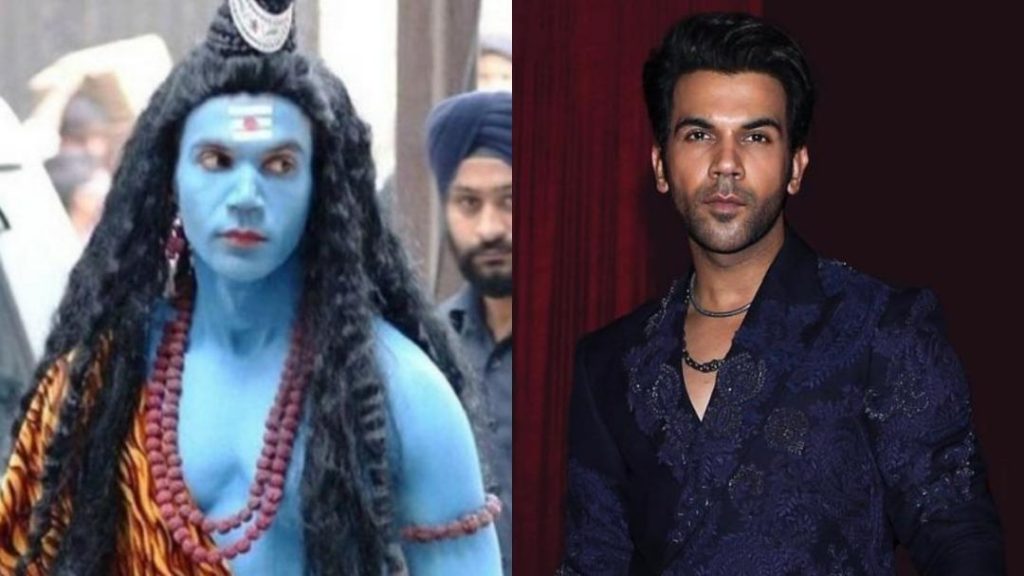
What is the 2017 case in which Rajkummar Rao got bail?
Rajkummar Rao is a talented actor in the Indian film industry, known for his versatility and range in a variety of roles. He has been a part of many successful films, including Newton, Shahid, and Trapped. However, in 2017, he found himself in a controversy that led to a court case against him. In this blog post, we will discuss the 2017 case in which Rajkummar Rao got bail.
The controversy began when the poster of his film Behen Hogi Teri was released. The poster showed Rajkummar Rao dressed as Lord Shiva, seated on a bike. This was not the only controversial scene in the film. Another scene, in which he was seen as Shiva, showed him falling off the bike. This had led to public outrage in Jalandhar, where a complaint was filed for hurting religious sentiments.
The complainant, a local resident, claimed that the poster was an insult to Lord Shiva and that it had hurt the religious sentiments of the people. The police registered a case against Rajkummar Rao and the film’s director, Ajay Behl, under Section 295A of the Indian Penal Code, which deals with the deliberate and malicious acts intended to outrage the religious feelings of any class by insulting its religion or religious beliefs.
Rajkummar Rao and Ajay Behl were summoned by the court and were asked to appear before it. They appeared in court and were granted bail. The court also directed them to deposit a bond of Rs. 20,000 each.
The controversy surrounding the film’s poster led to a lot of debate and discussion on social media. Some people felt that the poster was an insult to Lord Shiva, while others felt that it was a creative expression and should be allowed.
The controversy also led to a lot of criticism against the film’s director, Ajay Behl. Some people felt that he had deliberately chosen to depict Lord Shiva in a way that was meant to be provocative and offensive.
Rajkummar Rao, on the other hand, had maintained that the poster was not intended to hurt anyone’s religious sentiments. He had said that he was a Hindu himself and that he had never intended to insult Lord Shiva.
In the end, the controversy surrounding the film’s poster died down, and the film was released without any further issues. However, the incident had a significant impact on Rajkummar Rao’s career, and he was forced to be more careful about the projects he chose to be a part of.
The 2017 case against Rajkummar Rao was a reminder that even the most well-meaning of films can sometimes unintentionally offend people. It was also a reminder that the Indian film industry needs to be more mindful of the religious sentiments of its audience and to avoid any content that could be perceived as offensive.
In conclusion, the 2017 case against Rajkummar Rao was a controversy that had far-reaching implications for his career and for the Indian film industry as a whole. It was a reminder that even the most talented of actors can sometimes find themselves in a controversy that they cannot escape. However, it was also a reminder that the Indian film industry needs to be more mindful of the religious sentiments of its audience and to avoid any content that could be perceived as offensive.






